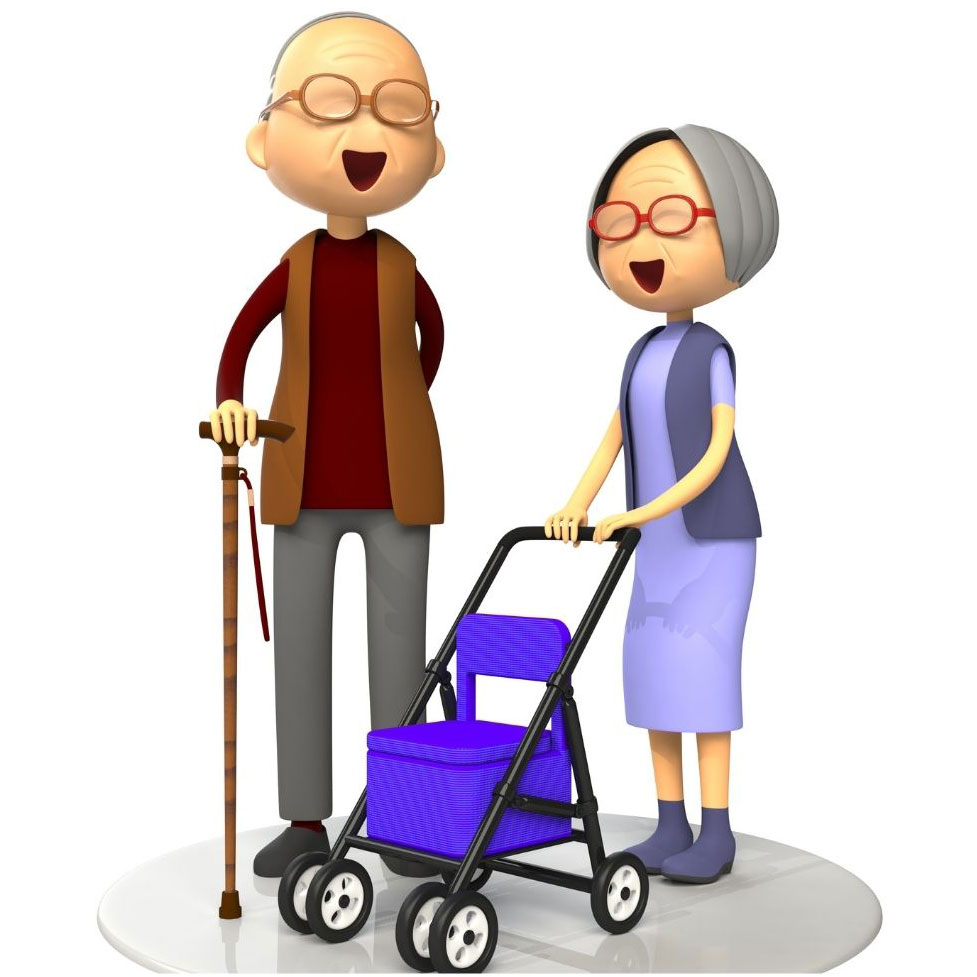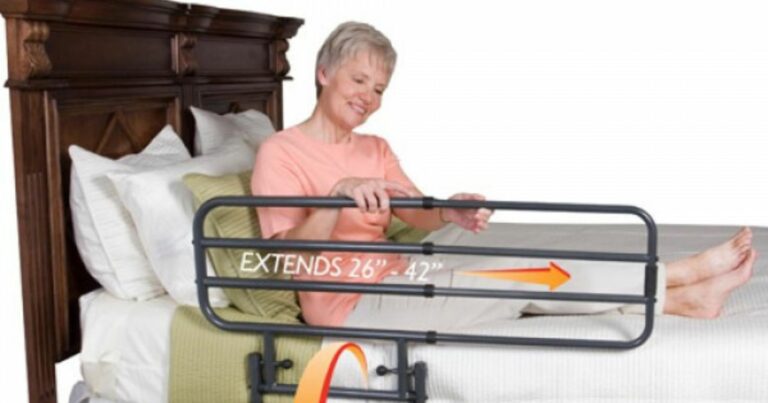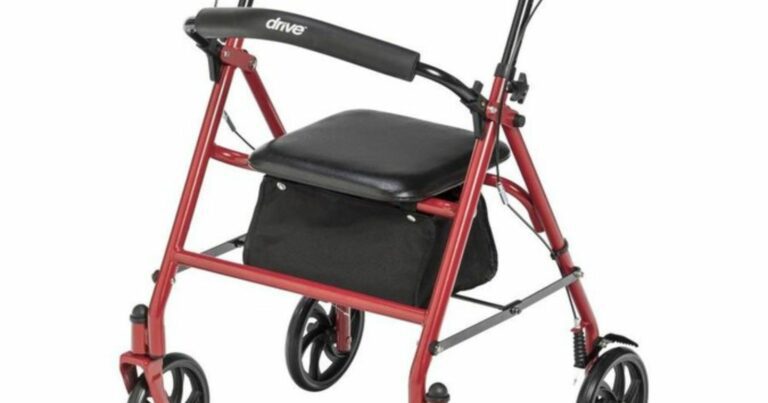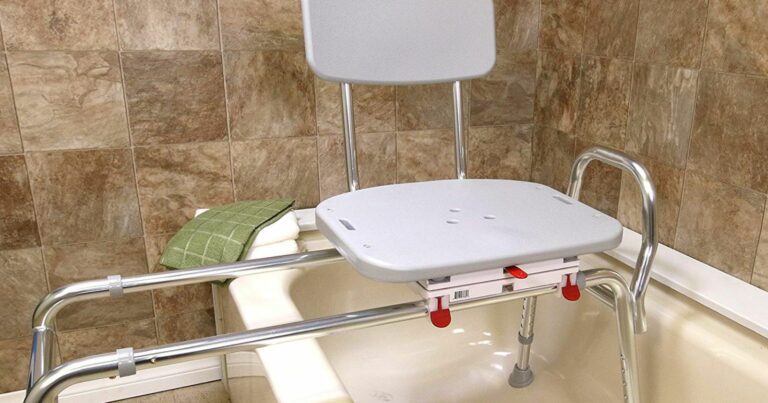Independent Living Ideas For Seniors. Looking for Independent Living For Seniors? This Review Reveals the best ways to have Independent Living For Seniors
Independent living is complex. As seniors, we need to do things on our own. We need our self-respect. And we do not want to burden our family members. We want opportunities in our old age. This is in addition to assisted living. We also want those negative attitudes toward older people to disappear. There are many new tools to help us live independently.
In this article, we’re reviewing the independent living ideas for seniors in 2021.
Independent Living For Seniors: Effective… Safe… Affordable…
Some Barriers To Independent Living
Barriers
Barriers To Independence Include Not So Much Age Itself.
- Ill Health
- Frailty
- Increased Need for Medical Attention
- Handicaps
- Difficulties With the Activities Of Daily Living
- Another Significant Barrier Can Be Lack Of Money.
- Other barriers include lack of adequate transportation
- Lack of handicapped-accessible or senior-friendly housing in the private housing sector, and
- Lack of family or social support that would enable them to continue to live independently.
- Sometimes elderly people who have become physically infirm or handicapped would like to stay in their homes, but the home needs renovations to make it handicapped accessible.
- Problems with home security or fear of crime in the community can also be barriers to seniors who want to remain living independently in their own homes.
Some Ideas About
Independent Living For Seniors
Ideas
For seniors, staying independent is an important part of maintaining dignity and respect—and it can contribute to physical, mental, and emotional well-being.
A few Tips ideas to help seniors remain independent:
Hold Their Vision Of A Social Life
Help them hold their vision of the way they want to be. Help them continue their regular activities like attending church, visiting with relatives, and reconnecting with old friends or groups they were involved in. If they are able to manage it, take them to library lectures, local theater, or any community event they’re interested in.
Help Them With Their Day-To-Day Activities
Get them involved. Ask them to plan meals, fold the laundry and participate in the shopping, cooking, and cleaning where possible. Bake cookies together, even if they can only help stir the dough. Let them decide what TV shows, radio programs, and music they want to listen to.
Encourage Them To Stay Active
Staying active is critical for good health, so keep them moving—whether it’s a yoga class at the senior center, planting flowers in the yard, a walk around the block, or chair exercises at home. If they have exercises recommended by a physical therapist, remind them and encourage them to do them regularly.

Persist With Mental Activity
There are many games seniors can play to help their mental activity. Play cards or board games, do sudoku or crosswords, work on a jigsaw puzzle, play along to TV game shows, or follow their favorite sports teams. In other words, play along with whatever they enjoy!
Safety Is Paramount
Prevent Falling by removing hazards that could cause your loved one to trip or fall down. Add handrails in hallways and stairways and grab bars in the bathroom for extra support. If they are alone for lengths of time, consider getting a personal emergency response system so that they can call for help by simply pressing an alert button.
Some Ideas About Eating Healthy
Eating Healthy
Aim For the Best Quality
Aim for the best quality you can afford. At most meals try to fill half of your plate with vegetables, a quarter of your plate with whole grains such as quinoa, brown rice, or whole-wheat bread, and the final quarter of your plate with lean protein such as fish, poultry, beans, or eggs.

Pick Healthy Fats
Pick healthy fats, which can serve as a source of concentrated, healthy calories. Healthy fats include olive oil, canola oil, peanuts, and other nuts, peanut butter, avocado, and fatty fish such as salmon, sardines, and mackerel. Limit unhealthy saturated fat including fatty red meat.
Add Dietary Fiber To Your Diet
Work dietary fiber into your diet. Fiber helps to keep bowel function normal and can help decrease the risk of type 2 diabetes and heart disease. It is recommended that total fiber intake for adults older than 50 should be at least 30 grams per day for men and 21 grams for women. Most fruits, vegetables, whole grains, and legumes are good sources of fiber. Nuts and seeds are also good sources, but whole-grain bread and beans may be easier to chew if you have dental problems or dentures. Make sure to drink plenty of fluids as you increase your fiber intake.
Adust Portion Sizes
This is a big one. Adjust portion sizes. If you’re trying to maintain a healthy body weight, reduce portion sizes instead of sacrificing components of a balanced meal. If you need to gain a few pounds, try to increase your portions rather than eating foods that are high in added sugar and unhealthy saturated fat.
Appetite Changes
Our appetite changes and we need to become aware of those changes. For example, some older adults find their appetite is greater in the morning and during the day, compared to the evening. If so, try to have a healthy breakfast that includes protein, whole grains, and fruit along with a balanced afternoon meal. Then go light on dinner.
Final Thoughts / Conclusion

Living independently is a lot harder than most of us understand. Health challenges like the Flu, Weight Gain, Sleep Problems, Nutrition Problems, Fragile Bones, Cancer, Depression, Memory Loss, Alcohol Tolerance Changes can add havoc to our lives.
We need all the help we seniors can muster up. The above ideas will move you forward. There are a gigantic amount of tools to help you be more independent. For example, dressing aids – button hooks. sock aids, pill organizer, rubber jar opener, and the like. All of these can help us be more independent.
Good Luck…
Additional Resources
If you are looking for more, here are some additional posts






